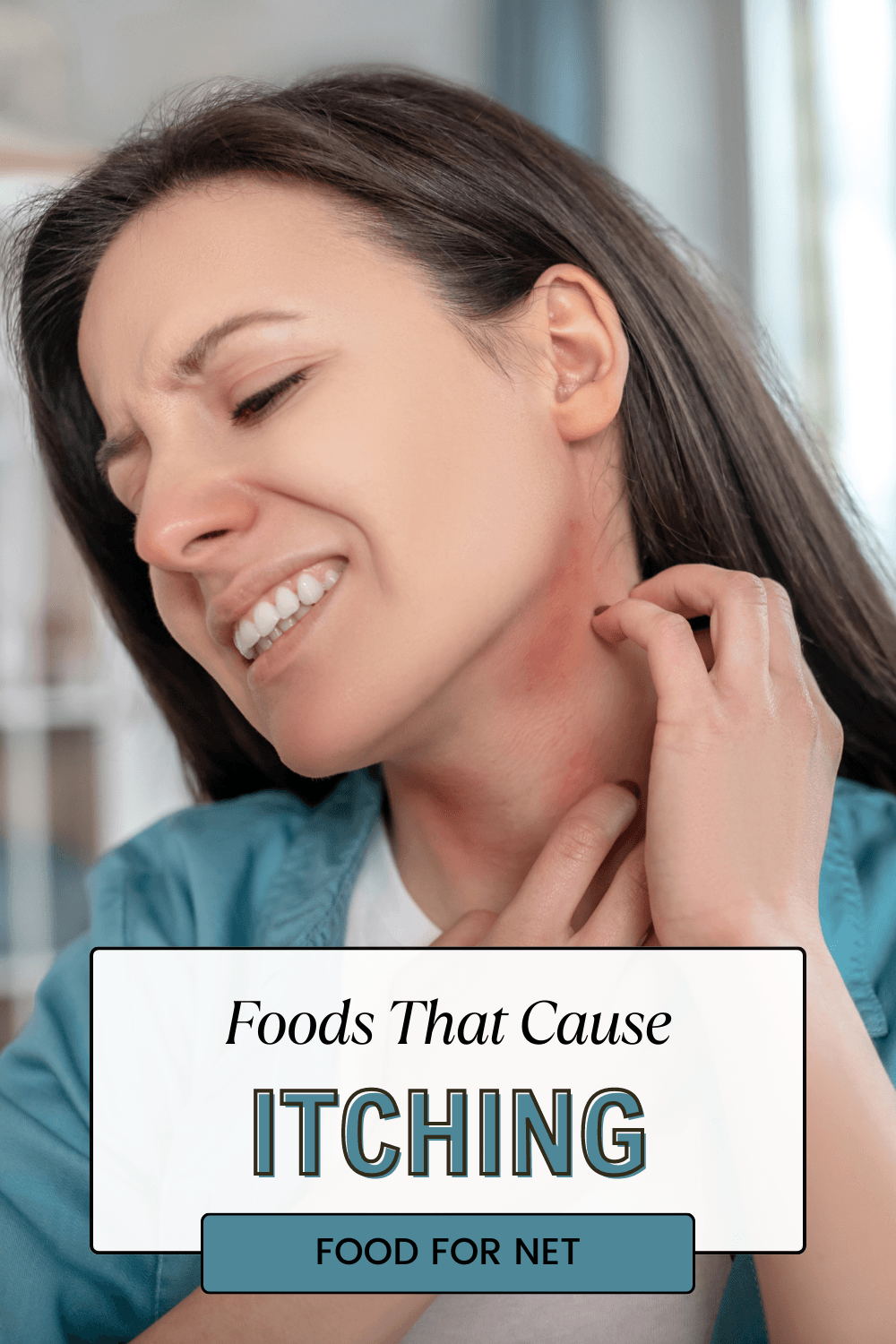
Do you find that your skin is randomly itchy? If this only happens every so often, it’s probably no big deal. But, if the itching is frequent or severe instead, it might mean there’s an underlying issue. Your diet is one of the first things to consider here, as foods that cause itching are surprisingly common.
The effect is often the result of an allergic reaction. Basically, allergic reactions involve a notable immune-based response to triggers that often aren’t harmful. With food, our bodies often react to a specific chemical or set of chemicals. Sometimes we even get cross-reactions with chemicals similar to the ones we’ve sensitive to.
One part of the process is the production of histamines. These histamines lead to blood vessel dilation, which then contributes to fluid buildup and swelling. The effect often contributes to itchy skin. Sometimes the itchiness will be localized, like to your lips, while other times, it seems to be everywhere.
Finding the causes of your itchiness can be surprisingly tricky, as food allergies aren’t always dramatic. Sometimes you only get subtle reactions, which are easy to miss at first. Allergies aren’t even the only cause of itchiness. There are a few other foods to consider too, which we’ll highlight on this list.
And, while we’re talking about health, why not check our of lists of other relevant foods, like foods that contribute to ear wax buildup or night terrors? Some even throw off your vaginal pH balance.
Foods That Cause Itching
Soy
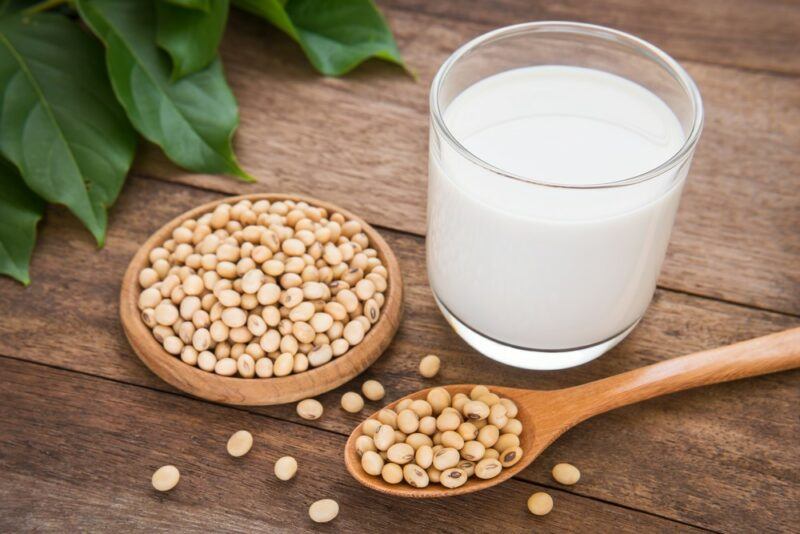
Soybeans should be familiar. After all, they’re the main ingredient in tofu, soymilk, and plenty of other foods. They’re also used to make many vegan meat substitutes and often feature in plant-based protein powders.
In fact, soy-based ingredients are so common that it’s sometimes hard to find products that don’t use them.
Despite how often soy is used, it’s a common allergen. Soy allergies most often affect children and infants, although adults can experience reactions too. Side effects of a soy allergy include inflammation, itching, dizziness, a tingly sensation in the mouth, and a runny nose.
If you get any of these symptoms from soy, it’s best to avoid it entirely.
Shellfish

Shellfish fall into two general categories: crustaceans and mollusks. Crustaceans include shrimp, lobster, and crab, while mollusks include oysters, scallops, and squid.
Both types of shellfish can trigger a severe allergy. Itching skin is a common reaction, but shellfish allergies can also be life-threatening and must be approached with care.
The severe nature of these allergies means that even a little cross-contamination at a restaurant could cause serious problems.
Eggs

Hives are one of the main side effects of an egg allergy and they certainly make your skin itchy. Some people also experience digestive side effects, such as stomach pain and vomiting.
You can be allergic to proteins in either egg whites or egg yolks. Either way, you’ll probably need to avoid eggs entirely. Even if you try to manually separate egg yolk and egg whites, some of the compounds from one will cross over to the other.
Egg allergies are most common in kids and the majority grow out of the allergy before they finish high school. Still, it’s important to always be careful, as egg allergies can cause anaphylaxis in rare cases.
Some people with these allergies can safely eat baked products containing eggs. Others may be able to eat other types of eggs, like quail eggs. You should be very cautious here, as it’s impossible to predict how you’ll respond to egg-containing foods. People with severe egg allergies will generally need to avoid all types and uses of eggs.
Peanuts

Peanut allergies are widespread. They’re also severe and can be triggered by just small amounts of peanuts.
Symptoms of a peanut allergy can include swelling, shortness of breath, and skin rashes, among others. Some people have more extreme reactions, including anaphylaxis, which can be life threatening.
People with asthma are at particular risk of severe reactions from peanuts. But, even if your reactions are mild, it’s safest to avoid peanuts entirely.
Tree Nuts
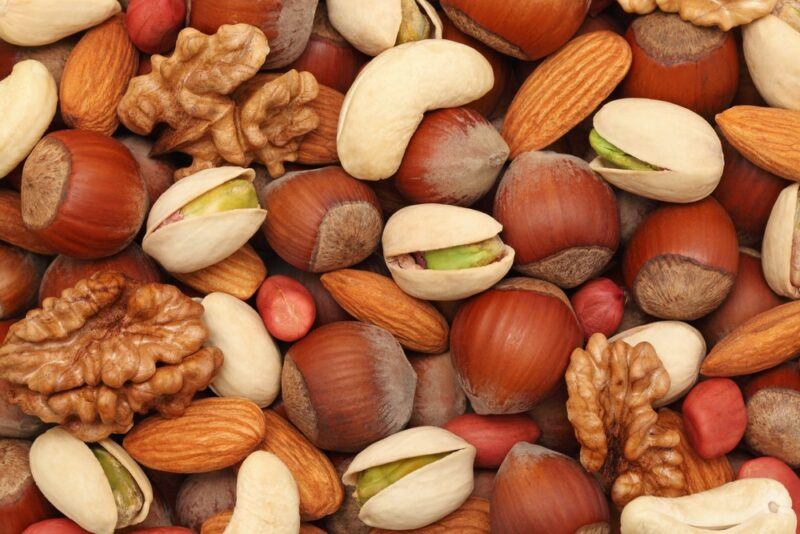
The term tree nuts is more complicated than it first appears. Basically, tree nuts all grow on trees (not surprisingly), but they’re not all technically categorized as nuts. Some are considered drupes instead.
Regardless, all tree nuts can elicit an allergic response. This inluces familiar symptoms, like red skin, swelling in your mouth, and itching.
Thankfully, most people aren’t allergic to all tree nuts. They may have reactions to specific nuts and not to others.
You could avoid just the type of nut you’re allergic to, but it’s safer to avoid all types of nuts. After all, tree nuts are often processed on the same equipment, so there’s a high risk of cross-contamination.
The issue isn’t limited to whole tree nuts. It also applies to any situation where tree nuts are used as an ingredient. It’s important to be vigilant here, as nuts are used much more often than you might expect.
Foods That Rely On Wheat

Because wheat is used to make flour, it’s found in many different products. Bread, pasta, cakes, donuts, bagels, and cookies are just a few examples, but the list is almost endless.
Most conversations about wheat focus on gluten, given that so many people are sensitive to it. However, you can also be allergic to other proteins in wheat.
Here, you don’t get the digestive side effects of gluten intolerance. Your symptoms will be similar to other allergies instead and can include skin itching.
Remember that wheat is an incredibly common ingredient. It’s used in many places that you mightn’t expect. For example, gravy often uses wheat flour as a thickening agent, while fried foods use the flour as well.
Sesame

Sesame allergies seem to be increasing in frequency and now must be specified on packaged foods in the United States. As with other allergies, the responses vary between individuals.
Some people have fairly mild responses, where sesame exposure may lead to hives and itchiness. Conversely, extreme reactions to sesame may lead to anaphylaxis and can be life-threatening.
Fish

Fish allergies aren’t as well-known as shellfish allergies, but they certainly exist. The allergy relates to some proteins in finned fish. These proteins can lead to various allergy-based reactions, including itching and hives.
As with nuts, your allergy might be linked to specific types of fish, rather than all of them. Still, it’s generally best to avoid all fish, as there’s a decent risk of cross contamination.
Foods High In Milk Protein

When you hear the term ‘milk allergy’, you might immediately think of lactose intolerance. This is the most well-known issue with milk, but it doesn’t tend to make your skin itch. Lactose intolerance leads to gastrointestinal side effects instead, like stomach cramps and bloating.
In contrast, an allergy to one of the proteins in milk presents more typical allergy reactions, including itchy skin.
People with a milk allergy may be able to tolerate some types of low milk protein dairy products, like ghee and buttermilk. Some may also be able to consume alternative types of milk, like goat milk. However, the reaction varies from person to person and it’s important to be ultra cautious.
Spices
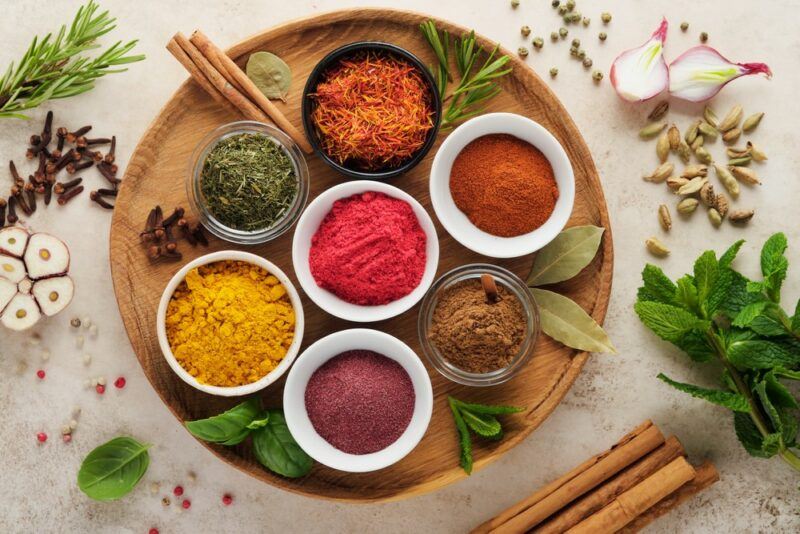
Spices seem benign and are famous for their flavor and potential health benefits. Yet, they can cause allergic reactions as well. Such reactions can trigger some of the reactions we’ve been talking about.
Remember that allergic responses aren’t always dramatic. Sometimes you might get slightly itchy skin and little else. You’ll then need to do some detective work to determine which ingredient you’re reacting to.
Anything Else You’re Allergic To

We’ve highlighted the major food allergens, including soy, eggs, tree nuts, and shellfish. However, some people have more unusual allergies, such as being allergic to garlic, lemon, honey, or celery.
Unusual allergic responses can still trigger similar responses to the ones we’ve been discussing here, including itchy skin. This is why it’s so crucial to pay attention to your own body and which foods you react to.
Cured Meats

Cured meats can be high in histamines and also contain a decent amount of nitrates. Both features can contribute to itchy skin, but only if you’re sensitive to them.
Thankfully, these effects don’t happen for everyone. Many people will be able to eat cured meats without a problem. Others may be able to enjoy some types of cured meat but not others.
Foods High In Nickel

Nickel allergies are common, but most of us think about nickel in jewelry, rather than in food. Yet, consuming too much nickel in your food can also lead to side effects.
Some foods to watch out for include beans and lentils (particularly those in cans), chocolate, grains, shellfish, and soybeans. You don’t need to cut these foods out entirely. It will often be enough to simply keep an eye on your portions and avoid over-consuming high nickel foods.
Citrus Fruits

Citrus allergies are better considered as a food sensitivity, as the immune system doesn’t play a strong role in the response. However, some people do still experience allergy-like symptoms, including itchy skin.
Most of the time citrus fruit allergy symptoms are localized. For example, it might just be your mouth and tongue that are itchy after eating fruit, rather than your whole body. Other times, you might get a contact dermatitis reaction from the peels of citrus fruit.
Fermented Food
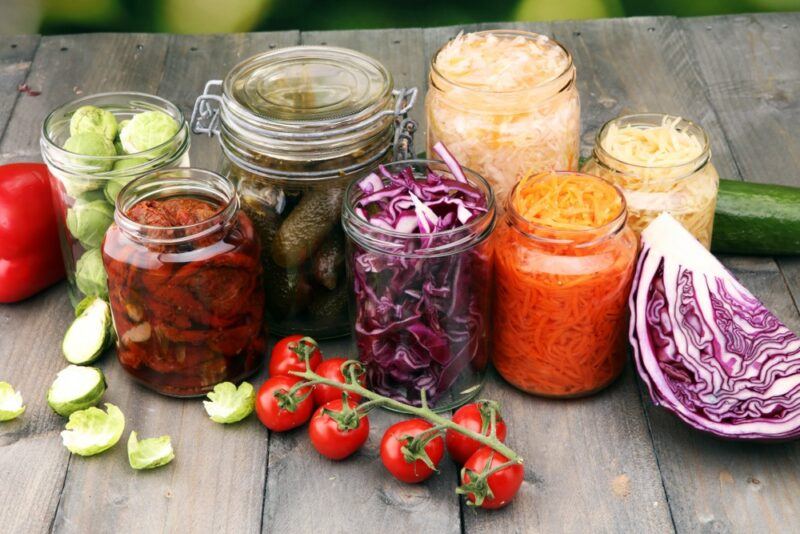
Fermented foods are heavily promoted for their probiotic benefits. That idea isn’t just hype either, as probiotics really can improve your balance of gut bacteria and promote health. Yet, fermented food comes with issues too.
The big issue here is histamine. This is a type of amine and it can lead to allergy-like symptoms, including rashes and itching. Because histamine is a byproduct of fermentation, anyone with a histamine sensitivity may need to avoid fermented foods.
Thankfully, there are plenty of low histamine foods out there, many of which offer health benefits of their own.
Dried Fruit

While we’re on the topic, let’s talk about dried fruit. These are another source of histamines, so they can cause the same issues as fermented foods.
Fresh fruit is an easy alternative, as this tends to be much lower in histamines. Fresh fruit can be healthier anyway, as it’s a less concentrated source of sugar.
Aged Cheese

The first problem with aged cheese is, well, it’s cheese. This means anyone allergic to milk proteins might get an allergic response. However, this response isn’t guaranteed, as cheeses vary in the exact proteins they contain. You might find some you can eat without an issue.
Aged cheese is high in histamines too. So, it’s another one to avoid if you’re sensitive to histamines.
Both of these issues affect just a small subset of the population. This means most people should be able to eat cheese without any problem.
Tomatoes

If you’re sensitive to histamines, tomatoes are another food to watch out for. Not only are tomatoes high in histamine, but they act as histamine liberators. This means they free up histamine within your body, an effect that could make itchy skin worse.
The histamine issue extends to foods that rely on tomatoes, including tomato paste and tomato sauce. This may mean that many favorite meals, like pizza, cause the same histamine response as fresh tomatoes.
Processed Food

Finally, we have processed food, which is a huge category. The term simply refers to any food that’s been processed away from its natural state, regardless of the amount of processing.
The biggest problems come from highly processed foods, as these often contain many additives, can be high in sugar and salt, and may be surprisingly low in nutrients. The additives are particularly relevant for itching, as you might easily be sensitive to one or more of them.
Figuring out these sensitivities can be frustrating, as additives aren’t well labeled. Often you’ll just see a term like ‘natural flavors’ or ‘artificial flavors’ without any details about what those ingredients are or how they were made.
This is pretty scary, given that additive safety research is still ongoing. We think they’re safe and they have passed regulatory standards. But, it takes time to really understand the effects that particular foods have on our health. We’re not there yet for many additives.
What You Can Do About Itchy Skin
Cut Out Trigger Foods
Most foods on this list cause itchy skin because of an allergic response. This means that the foods can be seriously harmful and even dangerous for you. You’ll often need to cut out any trigger foods entirely.
Doing so is sometimes challenging, particularly for allergies to wheat, milk protein, or tomatoes, given that these ingredients are used in so many dishes. Thankfully there are plenty of alternatives out there now, including gluten free bread and plant-based milk.
If you can do so safely, it’s best to do a little experimenting first. Try cutting out a particular ingredient and see what effect it has on your skin. Doing so is powerful because the skin itching effect mightn’t come from the food you expect.
Investigate Other Causes
Food isn’t the only reason for itchy skin. Other culprits include bug bites, a health condition (like diabetes), or a reaction to a plant (like poison ivy).
Also think about whether you’ve been using a new type of detergent or body care product. If so, the reaction might be linked to an ingredient in these products.
Talk To Your Doctor
If your skin is only itchy occasionally, you can probably figure things out on your own. But, if you experience persistent itchy skin, fever, swelling, or itchiness combined with digestive symptoms, you should talk to your doctor.
These symptoms suggest that something could be seriously wrong. The doctor can help to determine whether the issue is likely to be linked to your food or whether there’s another factor at play, like a medication side effect or an underlying health condition.
Use Creams
Anti-itching creams can help to reduce itching and soothe your skin. Some do so just by moisturizing, while others include active ingredients to reduce inflammation and help with your symptoms.
Over-the-counter products might be effective, but if they’re not, your doctor can easily prescribe something more powerful.
Choose Your Clothing Well
Try wearing loose fitting clothing for a while. This stops moisture from getting trapped in your skin and should reduce itching.
Also think about the type of fabric. Natural fabrics, like cotton, are much less likely to trigger itching than anything synthetic.
Manage Stress
Finally, there’s stress. High levels of stress can contribute to many health problems, including itchy skin. Anything you can do to reduce your stress may improve your skin and decrease the itchiness. We’re not suggesting that you try to avoid stress entirely. That’s not realistic. But, you can probably reduce some of the pressure in your life or find additional tools to cope with it.

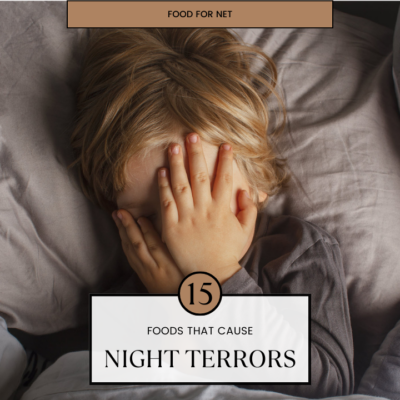
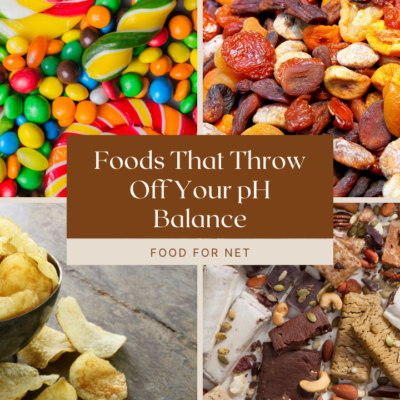








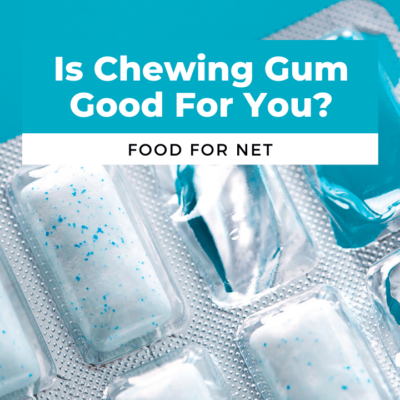


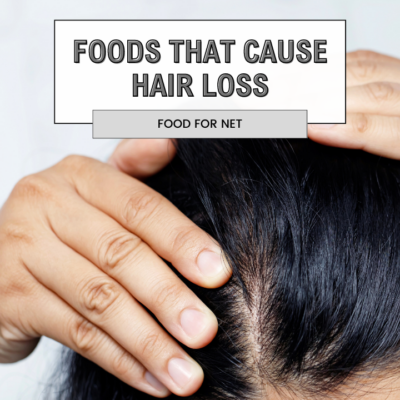


 The Best Gluten Free Beer You Can Buy Today
The Best Gluten Free Beer You Can Buy Today
Leave a Reply